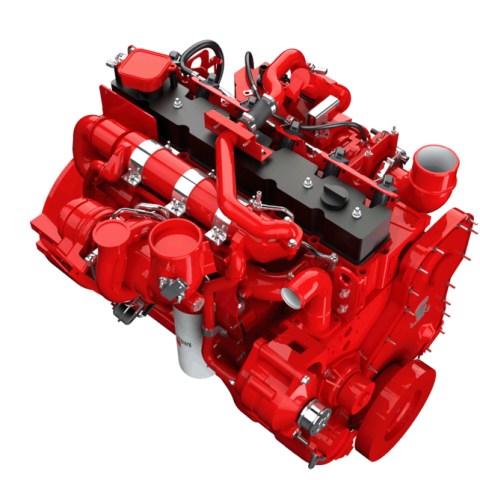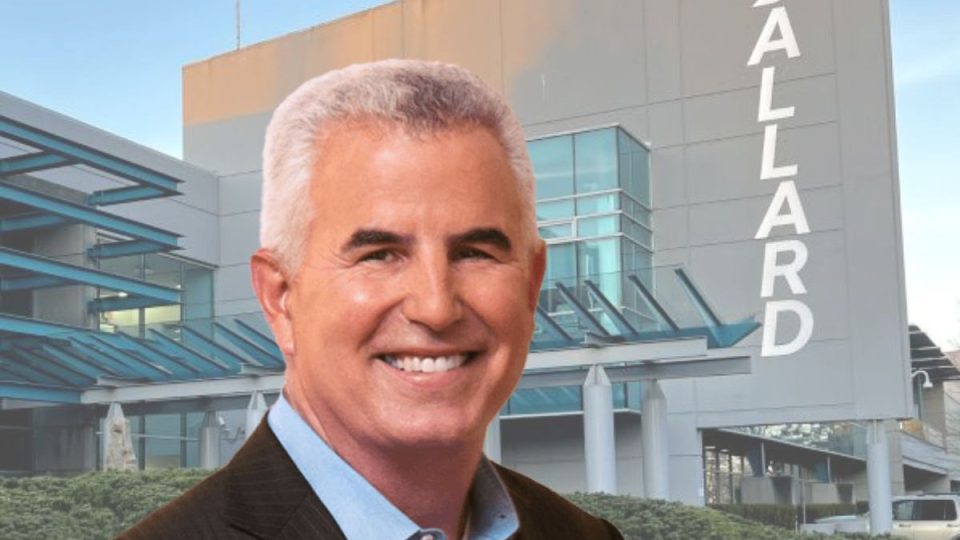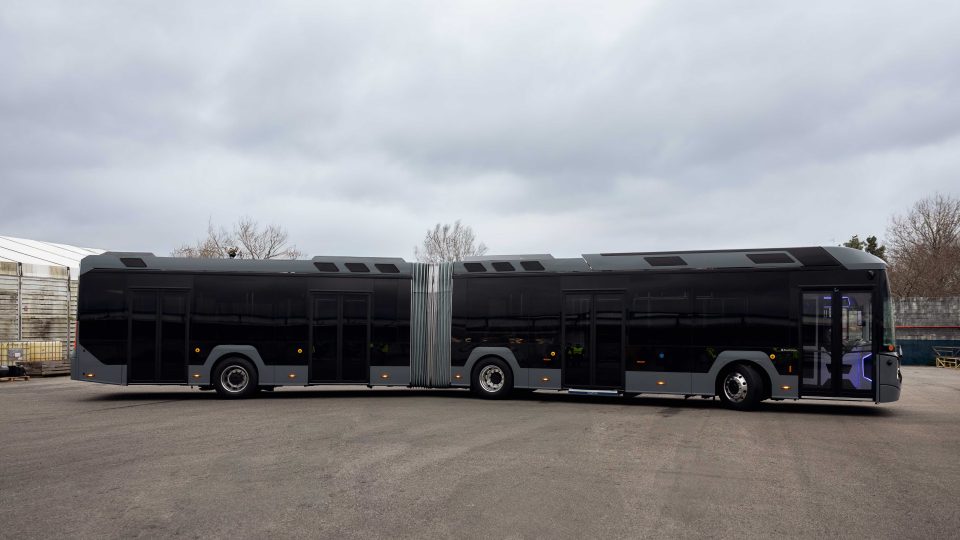Cummins, here’s the first natural gas engine (produced at the Darlington plant)
Cummins‘ Darlington engine plant celebrated the production of its first L9N, the first natural gas engine produced at the U.K. plant in its 58-year history. Produced along with 72 thousand diesel engines per year at Darlington, the 8.9-liter (280 to 320 hp) L9N engine combines an extremely low emissions profile for CO₂, NOx and particulate […]

Cummins‘ Darlington engine plant celebrated the production of its first L9N, the first natural gas engine produced at the U.K. plant in its 58-year history.
Produced along with 72 thousand diesel engines per year at Darlington, the 8.9-liter (280 to 320 hp) L9N engine combines an extremely low emissions profile for CO₂, NOx and particulate matter with diesel-like performance and reliability. The L9N can run on compressed or liquefied natural gas as well as renewable natural gas, which significantly reduces carbon emissions from the tank to the wheels.
Ashley Watton – Director, Bus Business Europe at Cummins, said, “Cummins’ natural gas engines are a practical and readily available technology for customers seeking quiet, fuel-efficient, ultra-low emission power for urban transportation. Local production of these engines for our European Oem truck and bus customers improves the logistics and responsiveness as well as the all-around sustainability of this business.”
Cummins’ L9N
Designed to meet Euro 6E emissions regulations, the L9N is in high demand in the European bus market, particularly in cities with low-emission zones. It is currently helping carry passengers on city bus routes in Azerbaijan, Estonia, Poland, Spain and Turkey.
Cummins moved production of the L9N from its Rocky Mount Engine plant in North Carolina, USA, to supply its European-based L9N customers in the region. This has reduced supply chain complexity and supports more sustainable operations by shortening distances and shipping times. The move was completed in just six months and saw significant investment in the Darlington plant.
The L9N shares many components and parts with Cummins L-series diesel engines, inheriting not only their renowned simplicity, but also allowing Cummins to build it on the same assembly line as its diesel engines.
“Cummins’ global manufacturing network allows us to build engines where our customers need them. Bringing L9N production to our Darlington plant will ensure we continue to provide a high level of service to our key customers at a time of increased demand for our products, particularly in Europe. It also expands our capabilities: producing spark ignition engines for the first time in Darlington positions us well for other low and zero carbon fuels in the future. This is extremely positive for the plant, our people, and our local economy,” Watton continued.
The L9N engine is one of several ultra-low or zero-emission power solutions from Cummins that are being developed or powering vehicles and equipment at this time. Cummins is leveraging its experience in producing natural gas engines for other spark ignition technologies, including hydrogen internal combustion engines, which use hydrogen with zero carbon emissions.
Cummins’ portfolio includes ultra-clean diesel, natural gas, hydrogen fuel cells and battery systems, all of which contribute to Cummins’ “Destination Zero” strategy to reduce emissions from the world’s most challenging work sectors.







